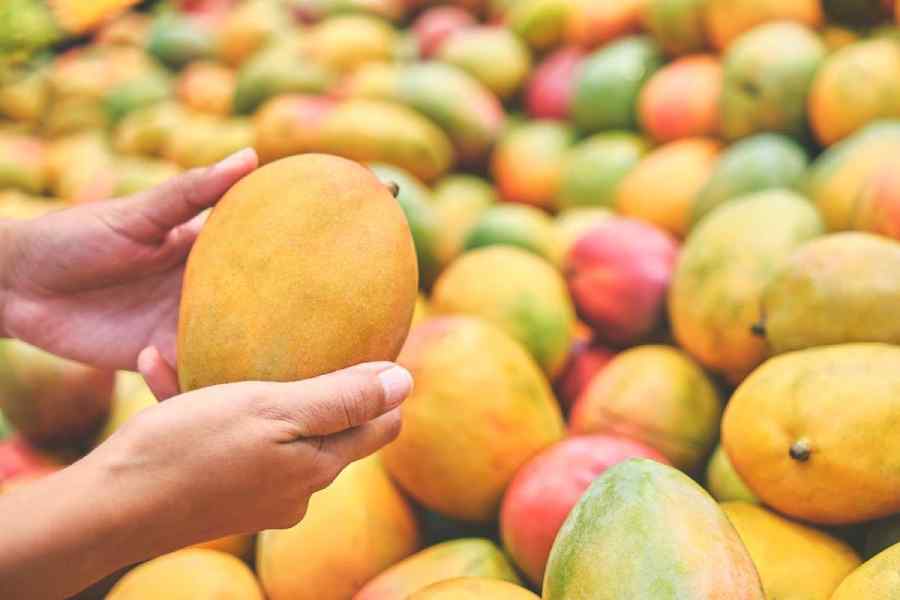India’s apex food safety authority has alerted state food safety departments to “remain vigilant and take serious action” against fruit traders found using calcium carbide for artificial ripening of mangoes or other fruits, prohibited more than a decade ago.
The Food Safety and Standards Authority (FSSAI) said on Saturday that it had also alerted fruit traders to “strictly ensure” compliance with the prohibition on calcium carbide for artificial ripening of fruits amid concerns about continued use despite a ban in 2011.
The FSSAI said calcium carbide, “commonly used for ripening fruits like mangoes”, releases substances that can cause health issues such as dizziness, frequent thirst, weakness, difficulty in swallowing or vomiting and has been banned under the Food Safety and Standards rules.
“Considering the issue of rampant use of banned calcium carbide, the FSSAI has permitted the use of ethylene gas as a safer alternative for fruit ripening,” the FSSAI said in a statement, similar to a statement that it had released in March 2023 ahead of last year’s mango season.
The FSSAI had said last year that it had been brought to its notice that fruit traders and handlers were “still indulging” in the use of the prohibited calcium carbide or were using ethylene gas in an incorrect manner like dipping the fruits in ripening agent solutions that may render the fruits unsafe for human consumption.
Ethylene gas may be used at concentrations up to 100 parts per million, depending on the crop variety and maturity, the FSSAI said. Ethylene, a naturally occurring chemical in fruits, regulates the ripening process. The treatment of unripe fruits with ethylene triggers a natural ripening process until the fruit itself starts producing ethylene in substantial quantities, the FSSAI said.
A team of researchers in Telangana that surveyed fruit trade practices had reported in 2019 — eight years after the 2011 ban — that traders continued to use calcium carbide “due to its easy availability” and poor awareness about its potential harm to humans.










